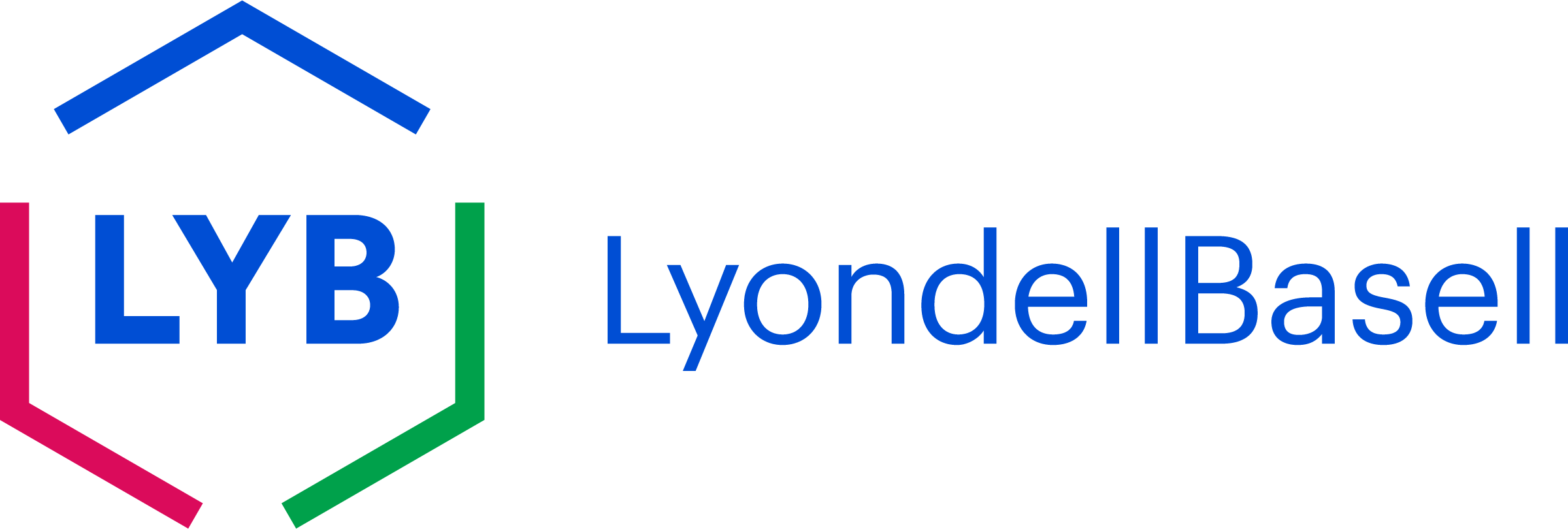Deserts are known for their dry and arid temperatures which can make food production seem virtually impossible. The feasibility of having fruits and vegetables sprout up on a farm in the Baja, Mexico desert seemed like a huge improbability. The Food and Agriculture Organization of the United Nations reports that 1.3 billion tonnes of food is lost or wasted globally each year. The World Wildlife Federation agrees stating that about 40% of food grown never gets eaten, which makes the challenge seem insurmountable. Yet, a solution to grow food in a desert is possible with teamwork, plastics and special additives for pre-harvest applications like greenhouse and mulch films. The use of these products helped to optimize growth and vegetation quality, resulting in healthier and more abundant produce. Through collaboration with a local farmer, LyondellBasell helped to make the impossible, possible.
Temperature and light management can be difficult for farmers to control, especially in regions where these elements fluctuate drastically from day to night. One answer to this farmer’s challenges involved masterbatch solutions from LyondellBasell which enhance the performance of greenhouse films. These films are generally used to cover the roof and / or sides of greenhouses. Greenhouses act as a protective microclimate, providing consistent temperatures and humidity, controlling weeds and pests, and efficiently using resources to ensure higher yields where harsh environmental conditions limit produce production.
“Growing plants and vegetables is a sensitive process and the use of greenhouses can be more effective when the films are formulated with the appropriate masterbatch additives,” said Jorge Olivera, LyondellBasell masterbatch marketing manager, Latin America. “What farmers need is to control the impact of light on the film and the plants. We have a special grade which includes ultra-violet (UV) stabilizer additives that protects the film from degrading and losing mechanical strength, and performs well even under agrochemical exposure.”
Farming solutions
Addressing the many exposures farmers face to keep their crops healthy are what LyondellBasell masterbatches offer. LyondellBasell masterbatch solutions such as light diffuser, reflective, and antifog additives provide:
- Light diffusion to enable fuller plant coverage and optimal photosynthesis;
- Temperature control and light transmission to prevent heat build-up associated with near-infrared radiation;
- Pest control, such as whiteflies, and help reduce viral diseases like botrytis; and
- Water control preventing large water droplets from collecting on film and reducing light flow in greenhouses.
In addition to greenhouse films, mulch films are another technique for improving pre-harvest conditions. This approach provides a protective ground cover and influences the microclimate around the plant or vegetable by modifying the impact of radiation at the surface and in the soil.
“By modifying the soil to the optimal temperature and moisture level, the film aides in the efficiency of nutrients and fertilizers, minimizes soil erosion and provides weed suppression.,” said Dominique Theunynck, LyondellBasell technical service engineer, Europe. “As a result, farmers can enjoy an improved crop yield and quality.”
To further support vegetable growth, LyondellBasell recommends the use of its colored masterbatch solutions for mulch films, noting the important role colors play in meeting the diverse needs of food producers. LyondellBasell offers the following products:
- Polyblak allows black mulch films to absorb short wave infrared radiation (IR) and photosynthetically active radiation (PAR) resulting in reradiation as heat and weed control.
- Outdoor Polywhite grades, a white masterbatch, can be used in warm environments to cool the soil and stimulates photosynthesis by reflecting the PAR to the underside of plant leaves.
- Silver masterbatches combined with Polyblak allows the film to repel insects while addressing weed control. Similar to greenhouse films, the use of UV stabilizing additives in mulch films can help protect the film from losing mechanical strength during use.
When faced with an agricultural problem, LyondellBasell likely has the solution which can help improve food security and address growing food demand. The company’s unwavering commitment to meet the sustainable needs of the present and create a more sustainable future for the next generation is intentionally woven into the fabric of how LyondellBasell operates and the products it manufactures.

